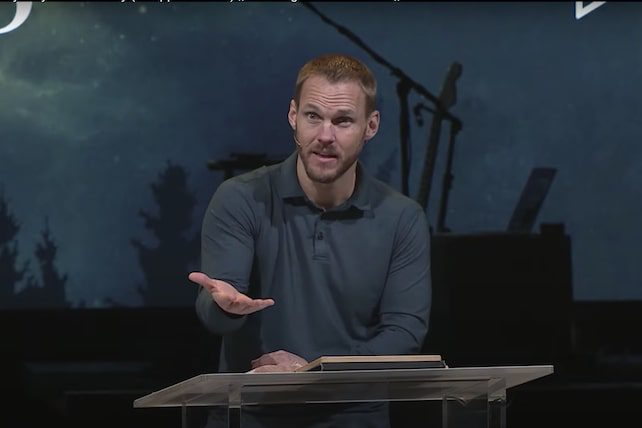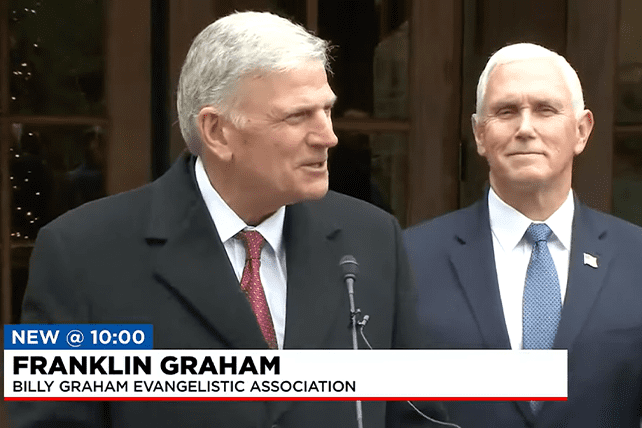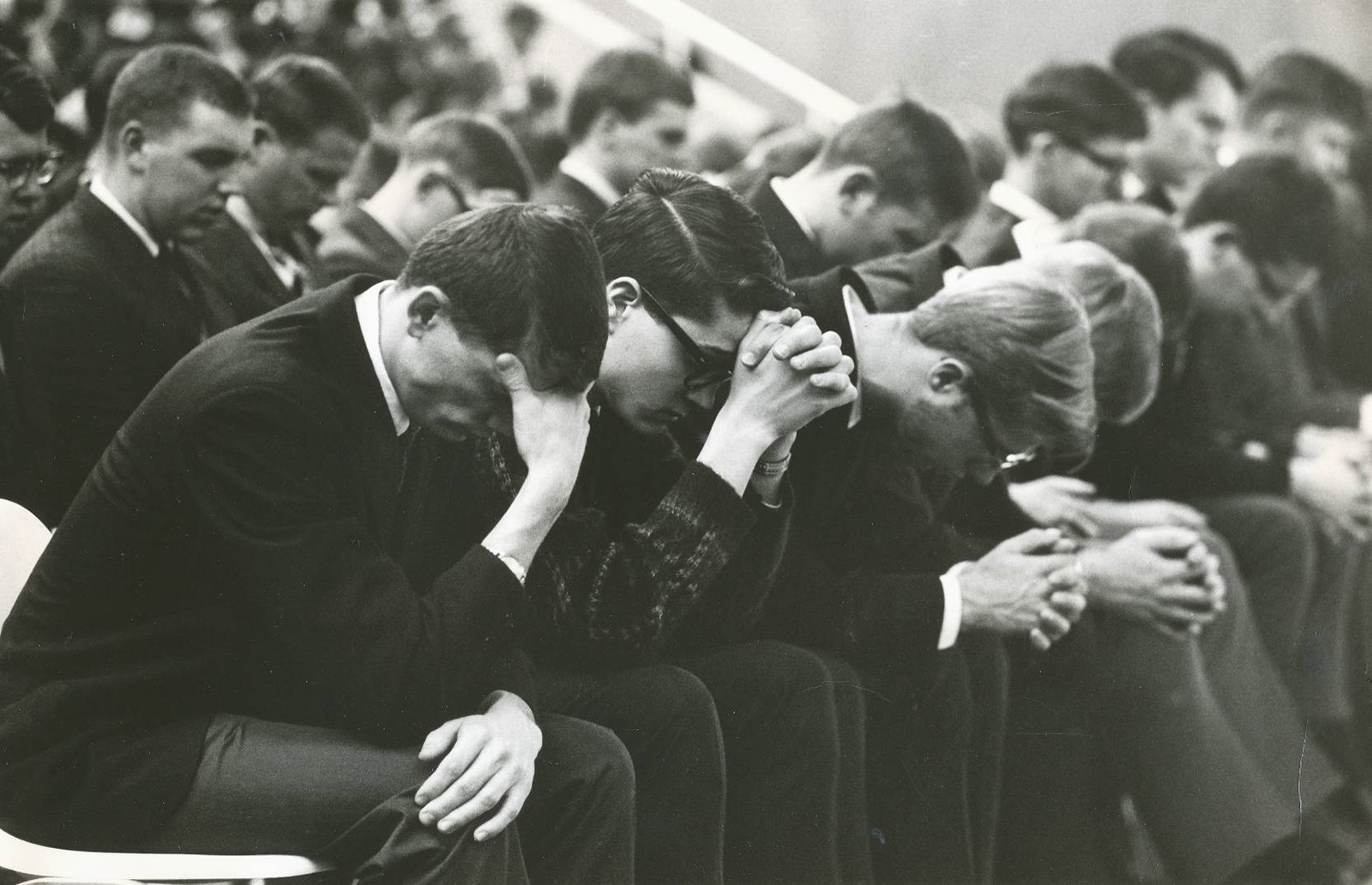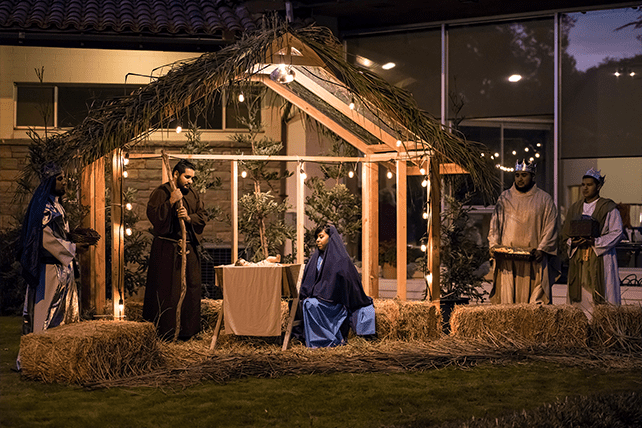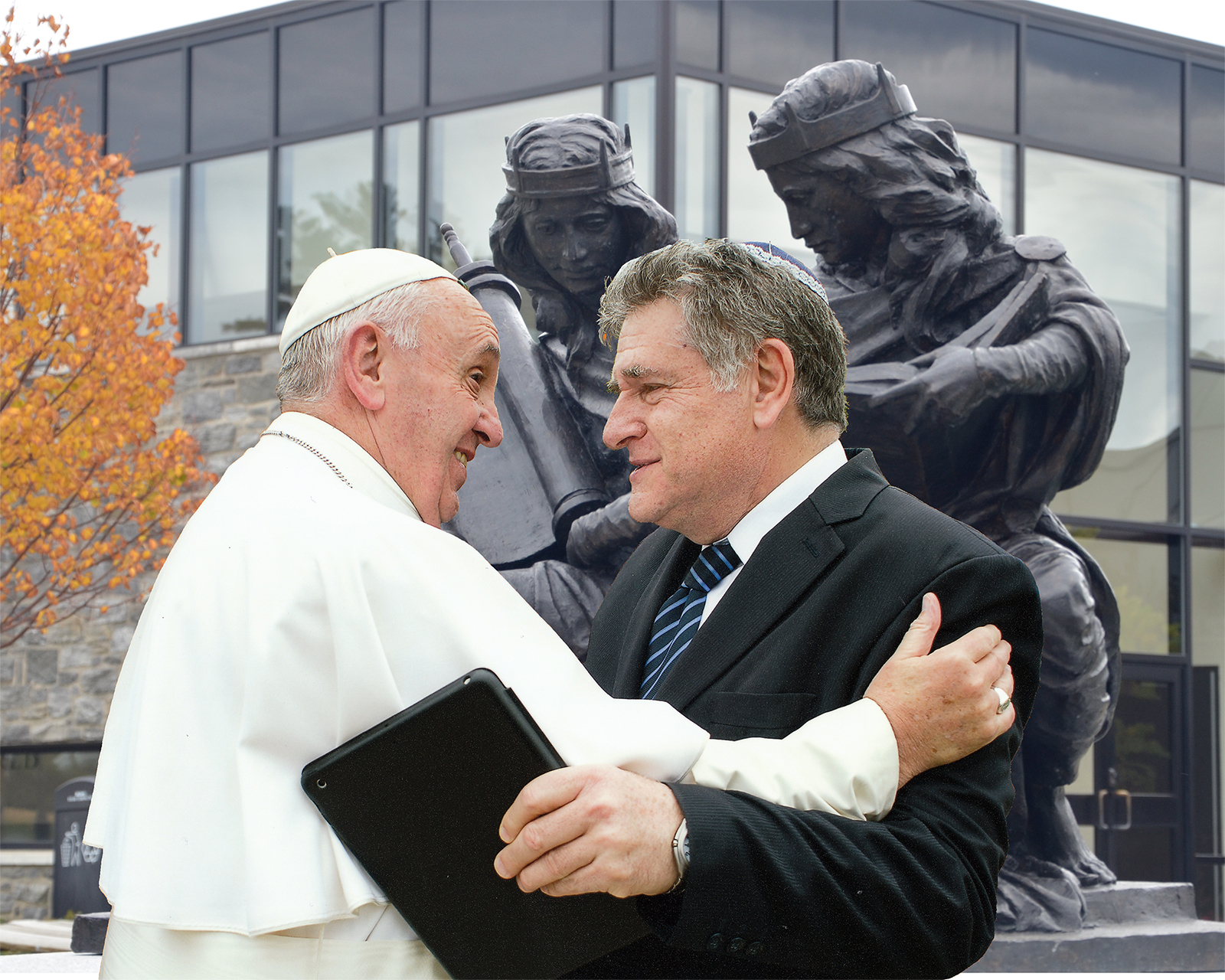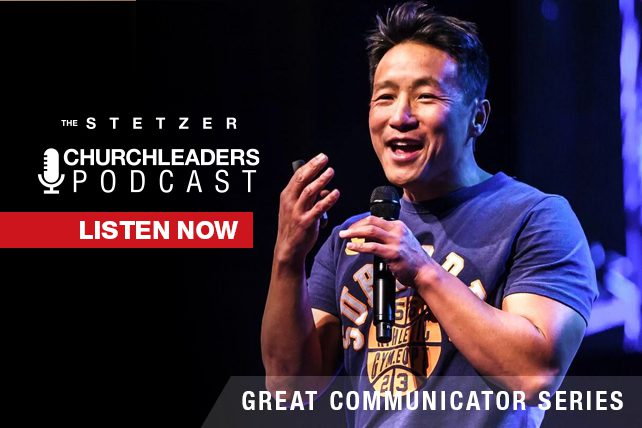(RNS) — Mark Rivera, a former lay pastor at the center of several sexual abuse allegations in a conservative Anglican denomination, was found guilty of five counts of felony child sexual abuse and assault on Thursday morning (Dec. 15).
Judge John Barsanti of Illinois’ 16th Judicial Circuit Court in Kane County found Rivera guilty of two counts of predatory sexual assault of a victim under 13 years old (a Class X felony) and three counts of aggravated criminal sexual abuse of a victim under 13 (a Class 2 felony). The defense has 30 days to file a motion to request a new trial, and if the motion is denied, the sentencing hearing is expected to take place on Feb. 10. Barsanti revoked Rivera’s bail, and Rivera will be held at Kane County jail awaiting the final outcome of the prosecution.
The decision has been a long time coming for the family of Cherin Marie, whose young daughter originally reported being sexually abused by Rivera in 2019. Cherin asked to go by her first and middle names to protect her family’s privacy.
“We are grateful for the verdict and we hope this is the first step of many towards justice for Mark Rivera’s victims,” Cherin said on behalf of her family.
Rivera served as a lay minister at a church plant of the Anglican Church in North America in Big Rock, Illinois, from 2013-2019. He was initially arrested in 2019 and charged in connection with his crimes against Cherin’s daughter, who attended the church plant with Cherin and her family. Rivera has since been accused of abusing more than 10 other alleged survivors, and has also been charged with two felony counts of criminal sexual assault.
The three-day bench trial — a trial decided by a judge, not a jury — took place over the span of three months at the Kane County Judicial Center on July 12, Sept. 2 and Oct. 16.
Julia Petersen, an ACNA member who attended the first day of the trial in solidarity with the reported survivors, told Religion News Service that seeing Cherin’s daughter give her testimony was profoundly moving. “I have never seen courage like I’ve seen that day,” she said.
Matthew Rodgers, an attorney from the Kane County State’s Attorney Office who represented the people of Illinois in this case, told RNS in an email that the prosecutors took on this case because “we and the grand jury found the victim and the allegations to be credible.” He said the defense’s main argument was that the state had insufficient evidence. Rivera’s lawyer, Brittany Pedersen, did not respond to multiple requests for comment.
Earlier this year, the anti-abuse advocacy group ACNAtoo reported that the criminal trial was originally planned for December 2020 but faced several delays. “For nearly two years, this young girl has repeatedly steeled herself to face her abuser in court, only to have the trial delayed again every time,” they wrote in September.
“We are grateful that today’s guilty verdict marks the beginning of justice for this courageous young girl and her family. Let justice roll down for all of Mark Rivera’s victims,” ACNAtoo said today in a statement to RNS.




